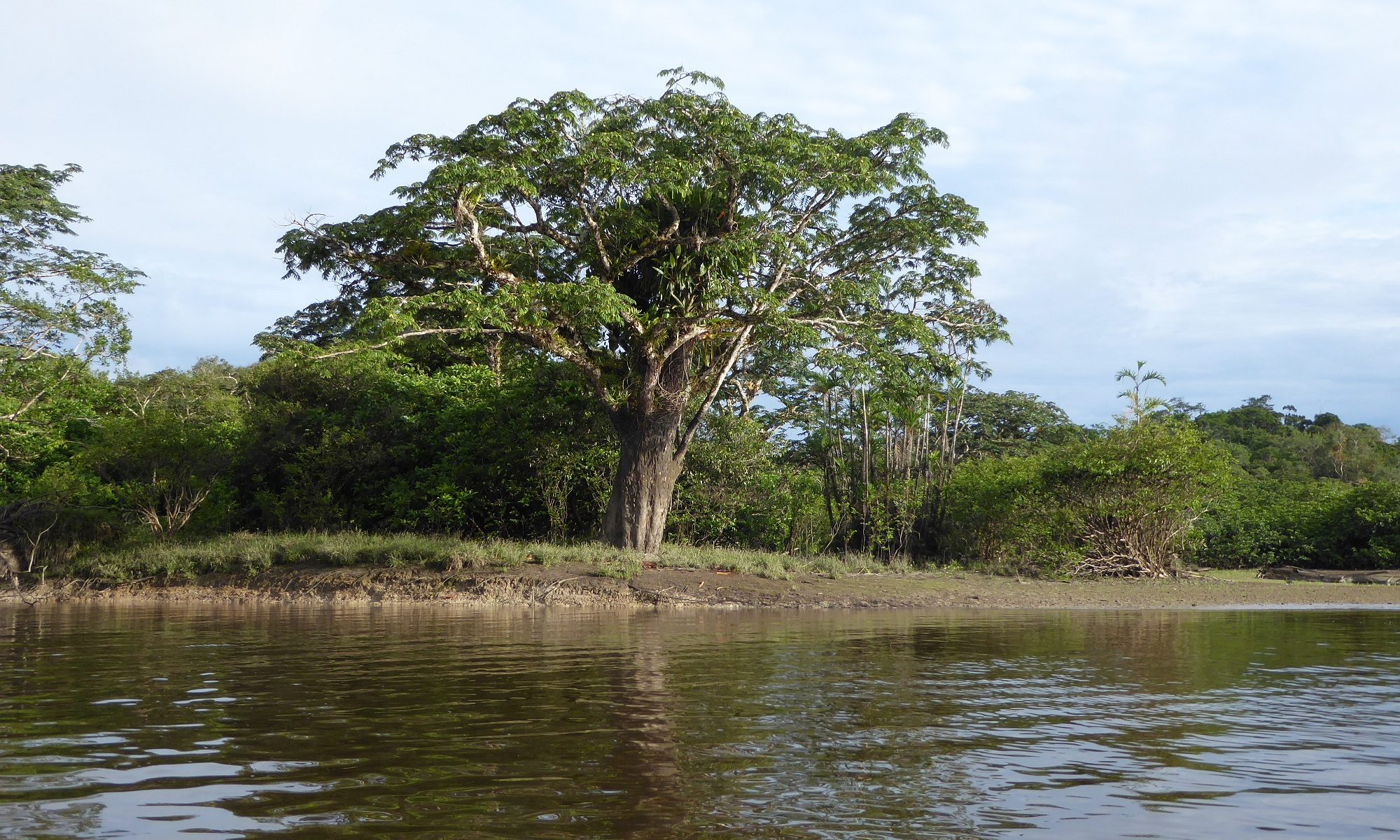Text: Riikka Kaukonen Lindholm
[Haz clic aquí para version en español]
In the turn of May and June, the research group members took part in the II International Scientific Convention by the Amazonian State University (Universidad Estatal Amazónica, UEA) organized online. With opening speech given by the rector David Sancho, the conference provided a platform for scientific conversations around three different topics: Plurinationality, Ancestral Knowledge and Knowledge Management; Urban Tourism, Heritage and Territorial Development; Environmental Management and Conservation of Biodiversity, that represent important areas of study for the UEA that develops research and higher education in the Amazon region of Ecuador. Our research group contributed to the part of the conference programme focused around the topic of Plurinationality, Ancestral Knowledge and Knowledge Management coordinated by the rector Oliver Meric.
Paola Minoia provided a keynote on “Pluriversal education as an intercultural and decolonial option”. Our other project members gave presentations on their research within a thematic section focusing on plurinational reality and intercultural education. The purpose of this theme in the conference is to highlight the role and responsibility of science and the work done by the academy in supporting Indigenous nationalities and communities in building education quality and accessibility in the Amazonian environment. This entails engagement with the struggle to overcome marginalization of Indigenous peoples and their knowledges as well as advancing epistemic decolonization and recognizing the pluriversity of realities.
In accordance with these principles, Ruth Irene Arias Gutiérrez, from the UEA, talked about “Opportunities in intercultural practice at the Amazon State University”. Three of our research group members from the University of Helsinki also had their own session in the Zoom. Riikka Kaukonen Lindholm examined how the Sapara nationality of Ecuador has engaged in the development of their own forms of education in her presentation “Indigenous peoples’ agency and interculturality: A perspective from the Sapara territory”. Johanna Hohenthal gave a presentation about “Fostering the socio-environmental consciousness of Indigenous youth through place-based learning in the Ecuadorian Amazon”. Lastly, Tuija Veintie delivered a presentation titled “The impossibilities of education in the Amazon: Evaluation of the resilience of Intercultural Bilingual Education in the midst of multicrisis”.
Other thematical sections under the topic of Plurinationality, Ancestral Knowledge and Knowledge Management included firstly Protection, Conservation and Reproduction of Ancestral Knowledge, which highlighted finding means and tools for supporting realization of collective rights related to ancestral knowledges. The second theme emphasized the changes embarked by the Covid-19 in multi-ethnic settings, as it assembled people to speak about social impact of the pandemic and strategies launched by Indigenous nationalities and ancestral communities to adapt to the new realities. Lastly, the theme of Decoloniality and Cultural Identity discussed how identity intersects with coloniality. The concept of coloniality arises from the Latin American decolonial studies and it dissects how the colonial experience and its power relations have persisted also beyond political independence. Presentations under this theme brought forward how identity classifiers such as race, ethnicity, gender and sexuality are influenced by the experience of coloniality as well as shape how people continue to experience coloniality in their everyday realities.
These different themes bring together multiple angles that require investigation in the building of society based on the pluriverse that is socially and ecologically just and sustainable. In many ways these themes also intersect, which was also present in the work done by the members of our research group, as the presentations also delved into the questions of coloniality, conservation of ancestral knowledges and resilience of Indigenous communities during the times of global pandemic.
